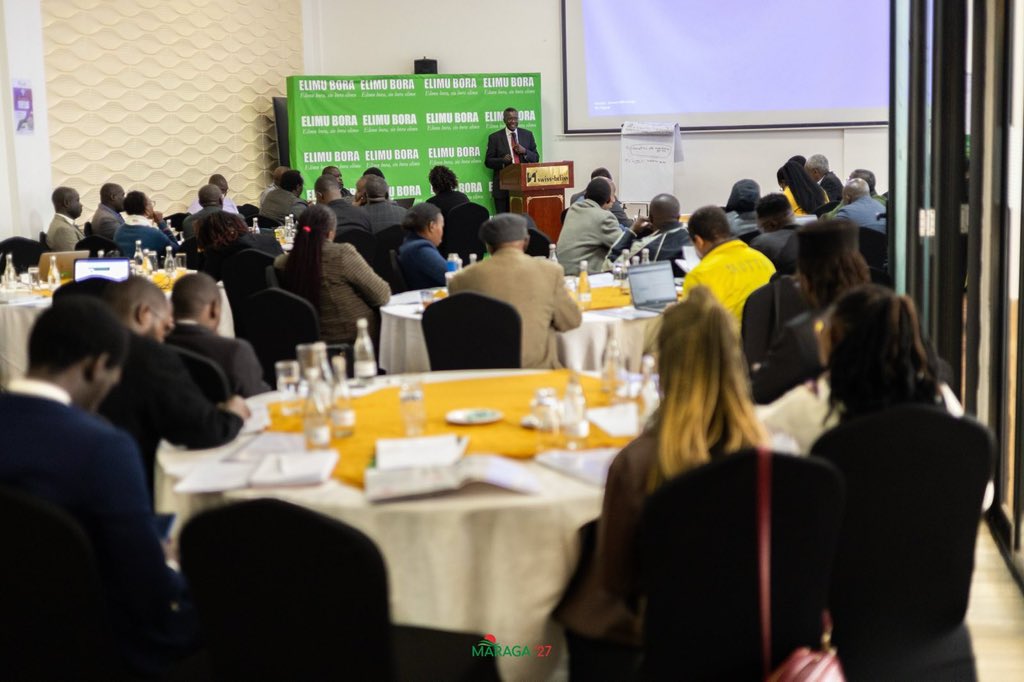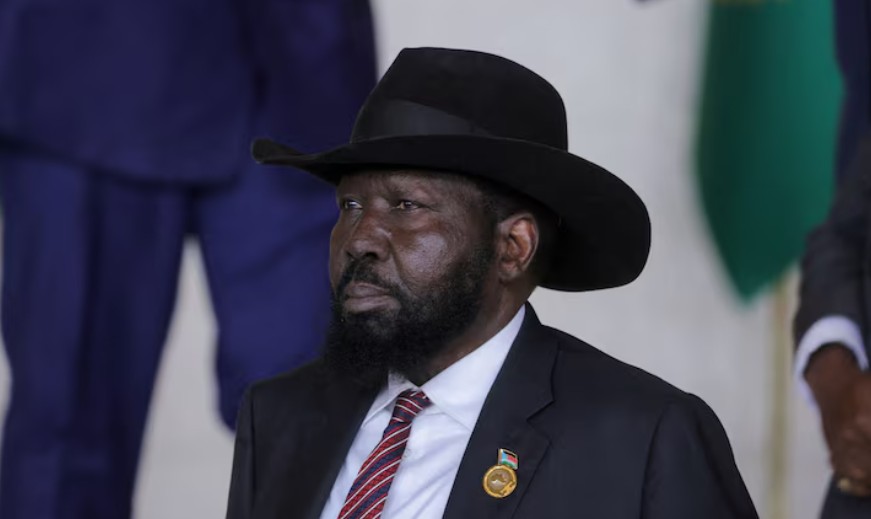Calls grow for disbandment of Ruto's multi-agency team on corruption over legal gaps

The Alliance further called on the government to strengthen existing anti-corruption bodies through adequate resourcing, policy support, and respect for institutional autonomy, rather than attempting to coordinate them through an unconstitutional entity.
The National Integrity Alliance (NIA) has called for the revocation of the Proclamation establishing Kenya’s Multi-Agency Team (MAT) on corruption, arguing that the initiative undermines the independence of key oversight institutions and lacks legal backing.
The Alliance is also demanding strict adherence to the Constitution and full compliance with the High Court’s suspension of the team’s operations.
More To Read
- EACC summons Garissa Governor Nathif Jama over alleged embezzlement of funds, irregular hiring
- Court suspends Ruto’s anti-corruption taskforce pending hearing of case
- Five ex-officials face civil suit over irregular CHAN tender payments
- East Africa flagged as hotspot for procurement fraud in AfDB-funded projects
- Court bars city businessman accused of Sh356 million fraud from travelling to India
- EACC: Nine governors under investigation for using staff to funnel stolen county funds
NIA argues that the MAT, created by the President and intended to be coordinated by the Office of the Attorney General, has no legal foundation and directly undermines the independence of key oversight institutions.
The Alliance said the move risks violating constitutional provisions that guarantee autonomy to the Ethics and Anti-Corruption Commission (EACC) and the Office of the Director of Public Prosecutions (ODPP).
“The creation of MAT threatens the independence of these bodies, which are mandated to serve the public impartially. Their inclusion under Executive control risks political interference in investigations and prosecutions,” NIA said in a statement.
The MAT brings together both constitutional and statutory agencies, including the EACC, ODPP, Public Procurement Regulatory Authority (PPRA), Central Bank of Kenya (CBK), Kenya Revenue Authority (KRA), Financial Reporting Centre (FRC), Asset Recovery Agency (ARA), National Intelligence Service (NIS), and the Directorate of Criminal Investigations (DCI).
NIA further criticised the MAT’s opaque funding model, noting that the proclamation provided no clarity on “other sources” of financing beyond the budgets of member entities. The Alliance warned this could open the door to misuse and misappropriation of resources, in violation of Article 201 of the Constitution, which requires public funds to be managed openly and accountably.
"This lack of clarity opens the door to potential misuse and misappropriation of resources. More troubling is the apparent opacity surrounding the financing; only the President appears to know where the funds will originate. This is in direct violation of Article 201 of the Constitution, which demands that public finance be managed openly and accountably," said NIA.
The Alliance also pointed to recent Auditor General findings exposing irregular procurement in the Social Health Authority’s smart system and questionable transactions on the eCitizen platform, arguing these examples demonstrate the need for independent oversight free from Executive influence.
In response to the High Court’s suspension of MAT, NIA urged the Executive to respect the ruling and refrain from interfering with the operations of independent agencies.
"We demand that the institutional independence of all constitutional and statutory bodies listed under the MAT be respected and preserved, in accordance with the Constitution. These agencies must be allowed to operate free of executive influence or interference," NIA said.
It urged the President to strengthen existing anti-corruption agencies through adequate resources and policy support, instead of coordinating them under what it described as an unconstitutional entity.
The Alliance further called on the government to strengthen existing anti-corruption bodies through adequate resourcing, policy support, and respect for institutional autonomy, rather than attempting to coordinate them through an unconstitutional entity.
Top Stories Today











































